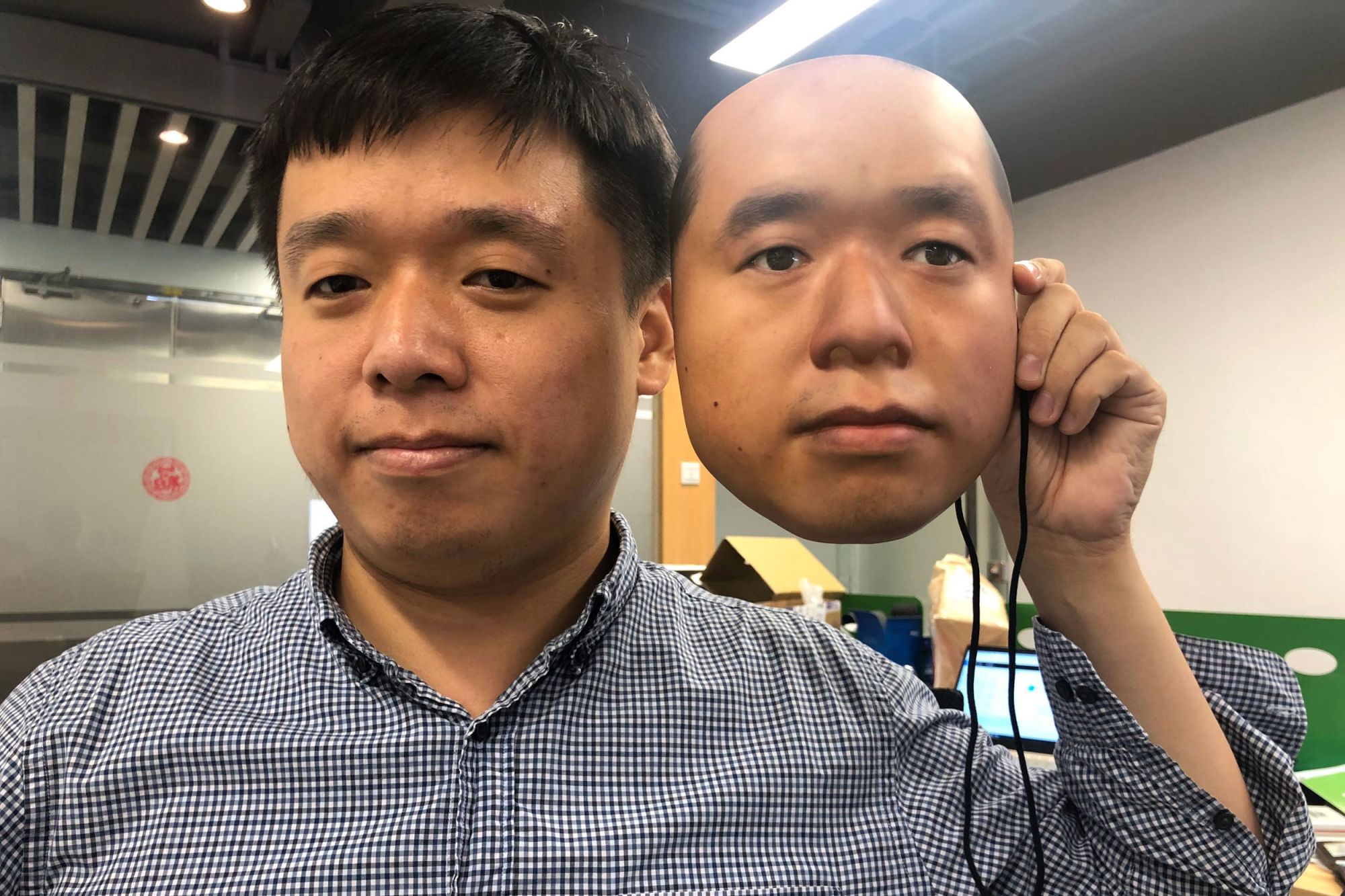Paper Masks Are Fooling Facial Recognition Software Researchers with an artificial intelligence firm said they were able to fool facial-recognition software at an airport and mobile-payment kiosks using a printed mask, highlighting security vulnerabilities.
By Aaron Holmes •

This story originally appeared on Business Insider

Facial recognition is being widely embraced as a security tool — law enforcement and corporations alike are rolling it out to keep tabs on who's accessing airports, stores, and smartphones.
As it turns out, the technology is fallible. Researchers with the artificial-intelligence firm Kneron announced that they were able to fool some facial-recognition systems using a printed mask depicting a different person's face.
The researchers, who tested systems across three continents, said they fooled payment tablets run by the Chinese companies Alipay and WeChat, as well as a system at a border checkpoint in China. In Amsterdam, a printed mask fooled facial recognition at a passport-control gate at Schiphol Airport, they said.
The researchers said their findings suggested that a person who prints a lifelike mask resembling someone else could bypass security checkpoints to fly or shop on their behalf.
"Technology providers should be held accountable if they do not safeguard users to the highest standards," Kneron CEO Albert Liu said in a statement. "There are so many companies involved that it highlights an industry-wide issue with substandard facial recognition tech."
Related: What Entrepreneurs Need to Know About Facial Recognition Technology
Some facial-recognition software proved impervious to the printed-mask test, however. The researchers said Apple's Face ID and Huawei's system passed; both use more sophisticated technology known as structured light imaging. Kneron said its own facial recognition software also passes the test.
Researchers said that tests at security checkpoints were carried out with the permission of security guards supervising them — suggesting that as long as humans are present to notice the mask, facial-recognition checkpoints aren't entirely unsecured.
In the month after its mask study went viral, Kneron announced that it raised $73 million from investors including Alibaba, Qualcomm, and Horizons Ventures.
"We are excited to continue our journey with partners like Horizons Ventures who share our passion and dedication towards our mission to enable AI on any device [and] democratize AI," Liu told Business Insider after the fundraising was announced.
Here's the pitch deck Kneron used to raise $73 million.
Related: 17 Amazing — and Surprising — Uses of Facial Recognition Technology











